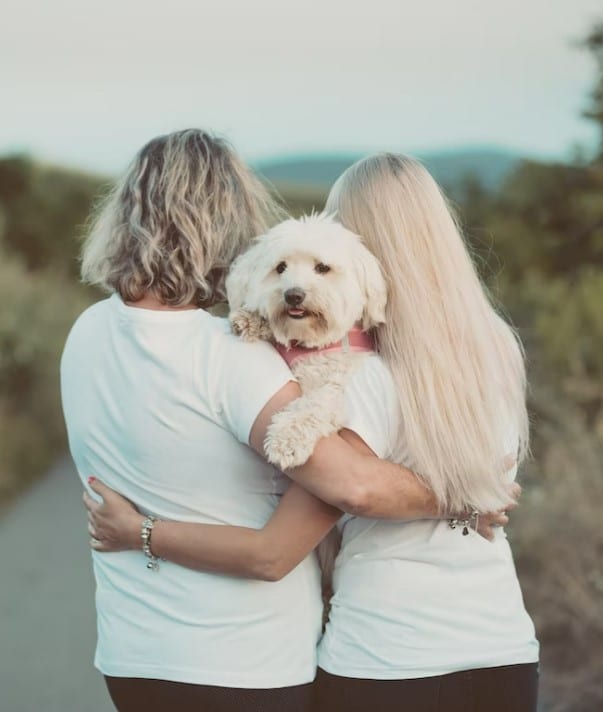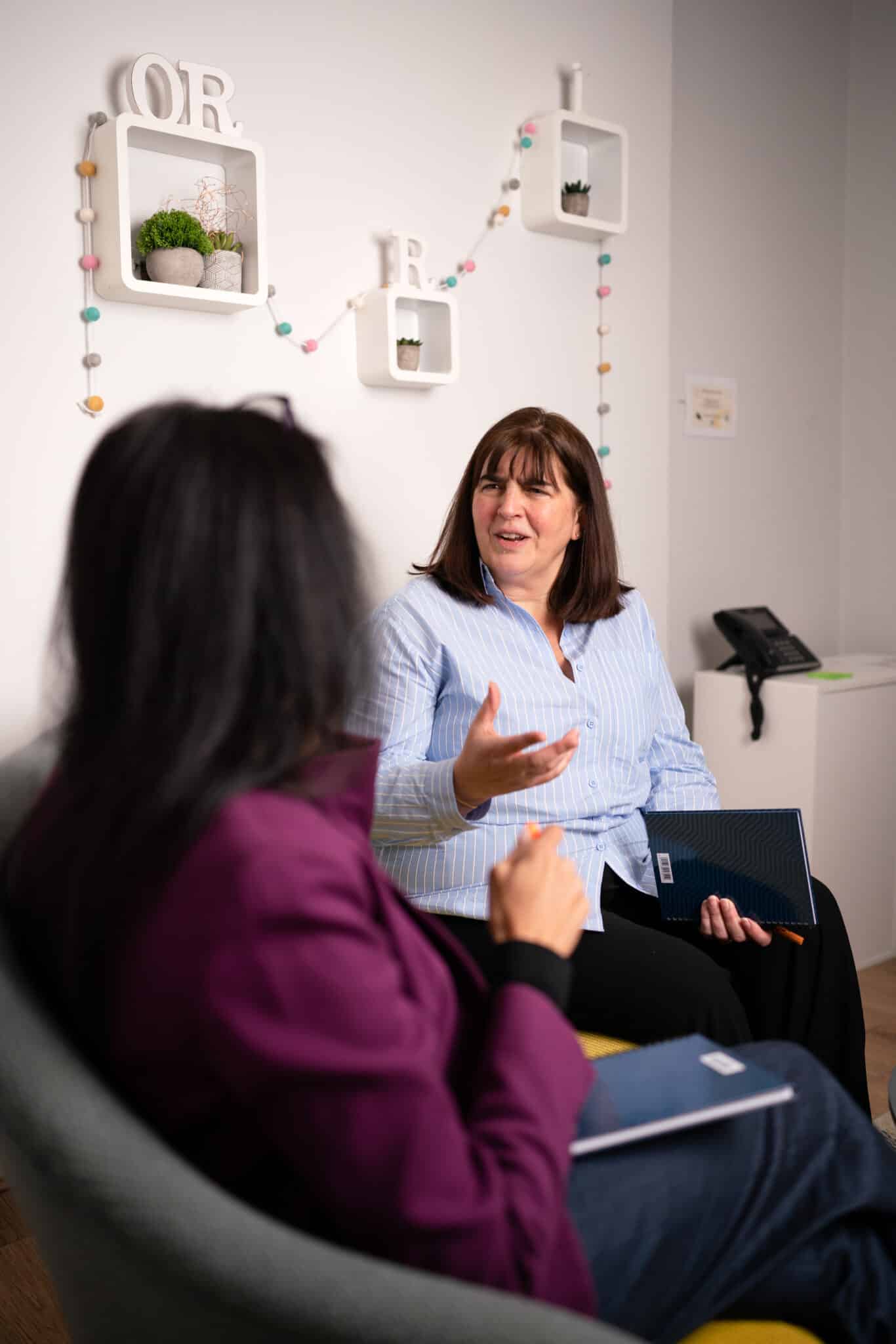Parents and carers.
We’re here for you too.
Supporting someone you love
It is a unique and, at times, challenging role to be a parent or loved one of someone with an eating disorder.
There can be a lot of tension as we witness those we love going through hardship, and we may at times feel powerless in helping them.
Often, people talk of eating disorders as “family illnesses”, meaning that the experience of the eating disorder is not isolated to the individual with the diagnosis, but rather, impacts all members of the family in different ways.
Feelings that occur may give rise to grief, confusion, or guilt, and this can negatively impact the person’s relationships.
We believe that involving parents and carers is significant for recovery because the eating disorder exists outside of treatment, and it can impact all areas of a person’s life including social experiences, family life, relationships, work or schooling.
As a parent or loved one, you will likely play some sort of role within these areas of your loved one’s life, as well as in their recovery.


An eating disorder does not exist in isolation
You, too, have your own eating disorder ‘recovery’ journey of sorts.
As such, treatment here involves the family from day one.
Starting with the assessment, to frequent sessions of family therapy, as well as regular check-ins with our clinicians to ensure we’re supporting you to support them.
No two families are on the same path nor have the same story.
Family therapy with Orri
Our Consultant Family Therapist, Karen Carberry, explains how we support families and loved ones with family therapy.
“Holding that candle of hope is so important. People can recover from an eating disorder, and their family members too.”
How we’ll support you
Family Therapy
All clients and their families are offered Family Therapy as part of their treatment programme. We usually allow some time for clients to settle into treatment before we arrange their first Family Therapy session.
Carer & Sibling Monthly Groups
Carers groups are run on a monthly basis. These sessions are facilitated by different members of our clinical team,and the areas discussed are directed from the carers to ensure they are relevant, and in the moment.
Access to clients’ Case Manager and ‘Hub’ of professionals
Orri’s full team of experts will be on hand to discuss whichever area within the multi professional team the person requires.
Connecting With Others
Along with research, we recognise that the complexity of caring for someone may lead people to feel isolated in their experience. We offer opportunities for the caregiver to share experiences and gain advice and support from other people who are, or have been in a similar position.
“In Action” Support
A carer may wish to work closely with our Occupational Therapist to support their child/husband/wife either at the kitchen table, in food preparation and portion sizing, or when visiting shops to buy food. By working with our team, the carer can gain confidence and practice before working directly with the person they care for.
“Come Dine With Me” Meal Session
Alternatively, carers may wish to work alongside the individual and the Occupational Therapists to collaboratively gain confidence and gain a deeper understanding of the practicalities and emotions of ‘in action’ mealtimes. The aim of these sessions is to develop confidence in the relationship with food and each other, together with the planning the time after meals.

Only 6% of people with eating disorders are underweight.
What you can do today
Look for advice from a specialist eating disorder professional.
Educate yourself and the rest of the family on eating disorders and the fact that they are not just about food, but are often rooted in emotional distress.
If you have a history of an eating disorder or disordered eating patterns, seeking help or support for yourself.
Seek support if you are struggling to parent or care for your loved one.
Talk with the other family members about how you can work together and speak in a unified, supportive voice.
Pick a time to talk when emotions aren’t running high. Where possible, avoid focusing on food or the symptomatic aspects of the eating disorder. Focus on the emotions.
Research and evaluate treatment options. As yourself which approach feels comfortable and in line with your values.
Consider support for siblings who can also be impacted.
Communicate with your loved one’s treatment team. Share your concerns and observations at home.
Find a community of people in a similar situation to you and seek their support.
Last but not least: do not neglect your own self-care. Making time for yourself and modeling self-care as a behaviour can actually assist with recovery.
Keeping your loved one connected to who they are
In person
Our in person day treatment exists to treat the whole person – mind and body – for full and sustainable recovery.
Online
Online treatment for eating disorder recovery, wherever you are
